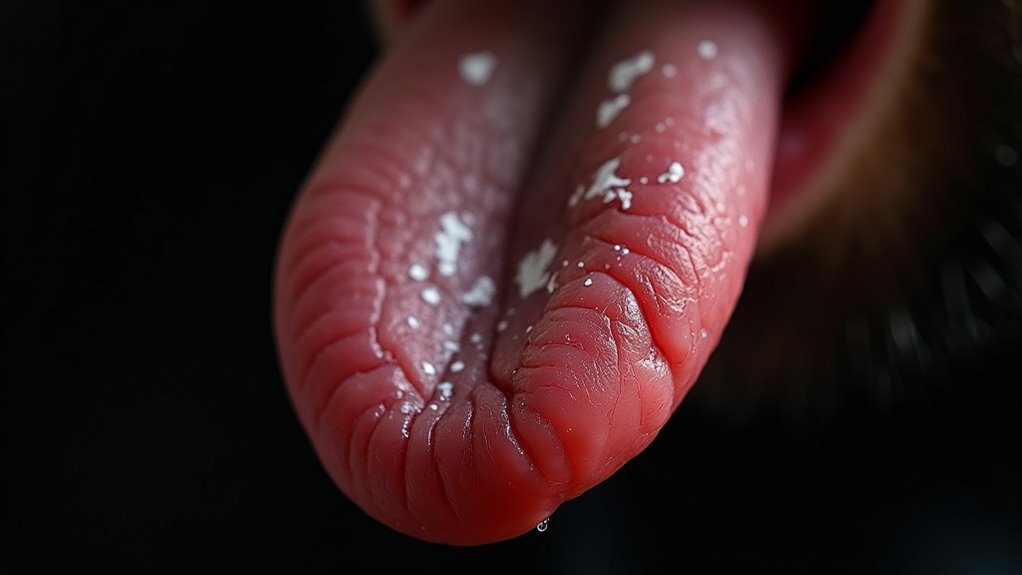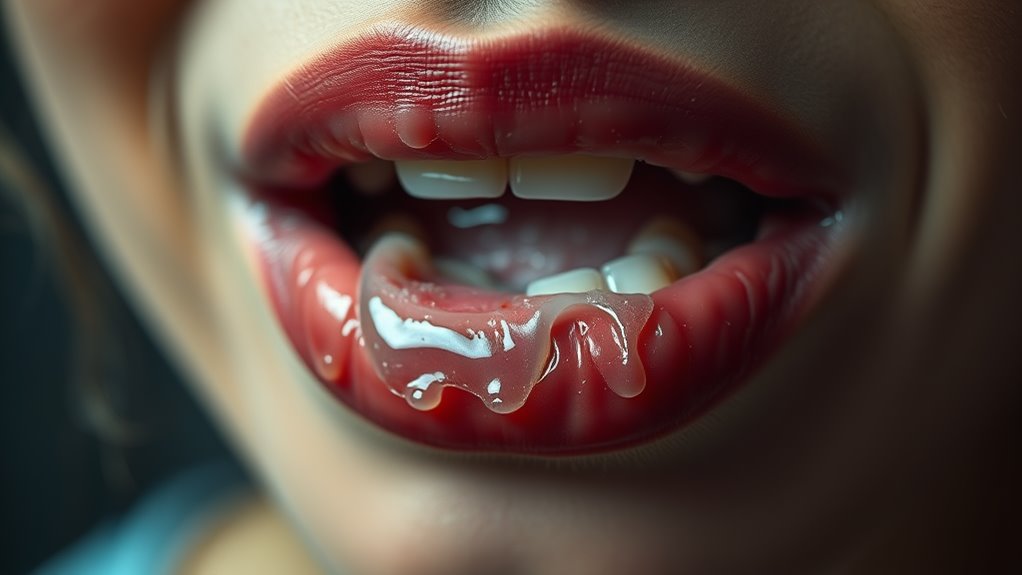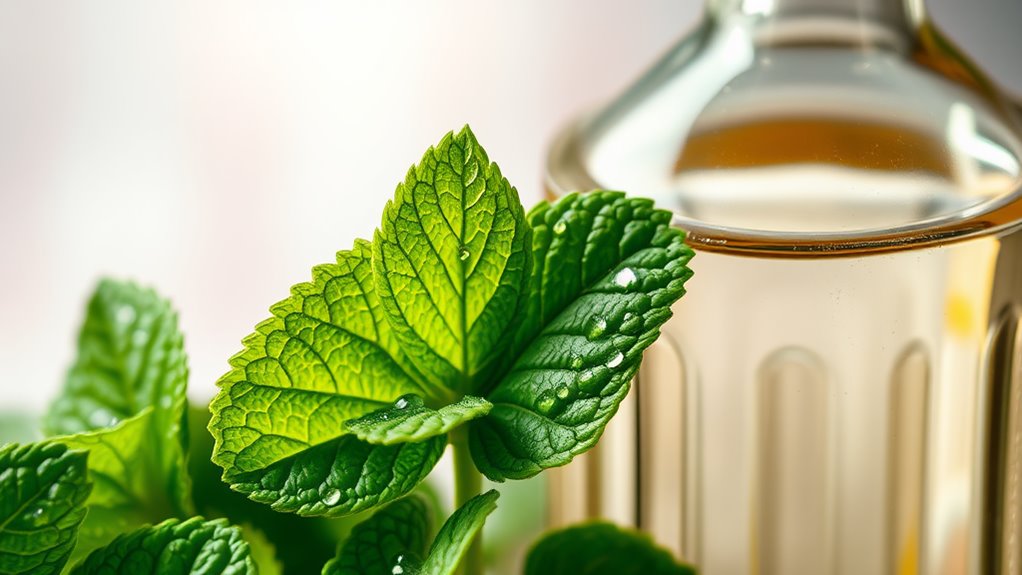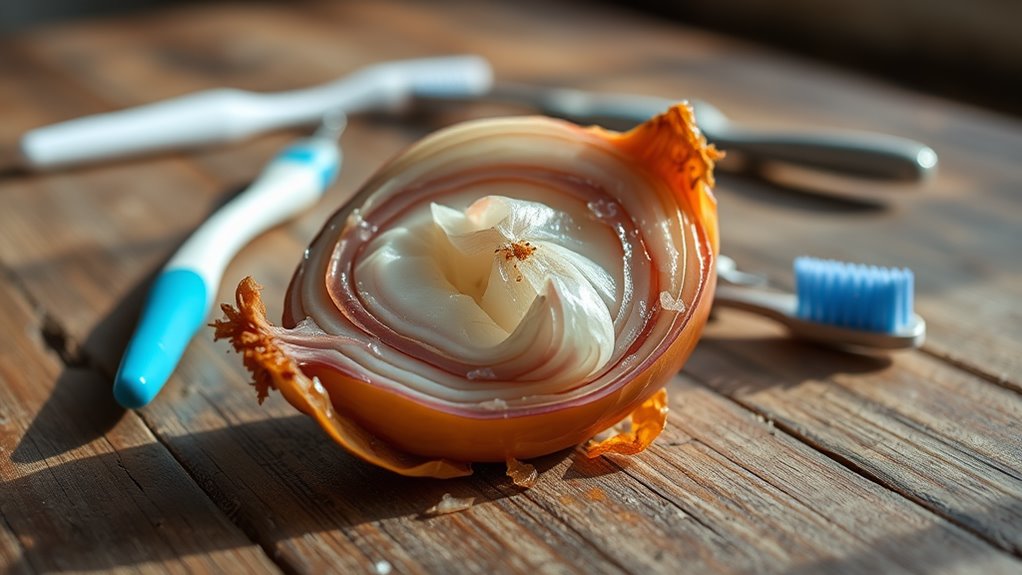Got a Dry Mouth. The REAL Reason Might Shock You!
You’ve probably noticed that dry, parched feeling in your mouth, but it’s not always about needing a glass of water. While dehydration might seem like the obvious culprit, the real cause could be lurking beneath the surface. From hidden medical conditions to everyday medications you’d never suspect, your dry mouth might be telling you something important. Let’s uncover what your body’s trying to say – because the answer might surprise you.
Hidden Medical Conditions That Cause Dry Mouth
While many people assume dry mouth is just an annoying symptom, it can actually signal several underlying medical conditions that aren’t immediately obvious.
Some surprising causes of dry mouth include autoimmune disorders like Sjögren’s syndrome, which attacks your moisture-producing glands, and undiagnosed diabetes, which affects your body’s fluid balance.
Your dry mouth might also be linked to nerve damage from conditions like Bell’s palsy or stroke, which can disrupt the signals telling your salivary glands to produce saliva.
Anxiety disorders and depression can trigger dry mouth through complex neurological pathways, while sleep apnea affects moisture levels during rest.
Even conditions like HIV/AIDS and hepatitis C can manifest with dry mouth symptoms before other signs appear. Additionally, poor oral health can lead to systemic health problems that exacerbate issues like dry mouth, highlighting the importance of maintaining good dental hygiene.
Understanding these hidden connections helps you take a proactive approach to your health, potentially uncovering serious conditions that require medical attention before they progress further.
Surprising Medications and Daily Habits Behind Your Dry Mouth
Beyond underlying medical conditions, many everyday medications and habits can unexpectedly cause dry mouth. You’ll be surprised to learn that common items in your medicine cabinet and daily routines might be the culprits behind your discomfort.
| Medication Type | Daily Habits | Impact Level |
|---|---|---|
| Antihistamines | Mouth Breathing | High |
| Antidepressants | Smoking | Severe |
| Blood Pressure Meds | Alcohol Consumption | Moderate |
| Decongestants | Caffeine Intake | Moderate |
| Muscle Relaxants | Dehydration | High |
What’s particularly interesting is that even over-the-counter medications you’ve trusted for years could be contributing to your dry mouth symptoms. Your morning coffee ritual, evening glass of wine, or habit of breathing through your mouth while sleeping might be making things worse. These factors don’t just cause temporary discomfort; they can create a chronic condition that affects your oral health and quality of life. Maintaining good oral hygiene practices is vital for managing these symptoms effectively.
Natural Solutions and When to Seek Professional Help
Although dry mouth can be frustrating, several natural remedies can provide relief before you need professional intervention.
You’ll find that simple lifestyle adjustments can make a significant difference in managing your symptoms while addressing the root cause.
Try these innovative approaches to combat dry mouth:
-
Optimize your hydration with electrolyte-rich beverages like coconut water or create your own mineral-infused water using pink Himalayan salt and lemon.
-
Stimulate saliva production naturally by chewing sugar-free gum containing xylitol or incorporating tart foods like fermented pickles into your diet.
-
Use a humidifier with essential oils like eucalyptus or peppermint to maintain optimal moisture levels in your environment.
If these solutions don’t provide relief within two weeks, or if you experience persistent mouth sores, difficulty swallowing, or chronic bad breath, it’s time to consult a healthcare provider.
They can identify underlying conditions and prescribe targeted treatments.




